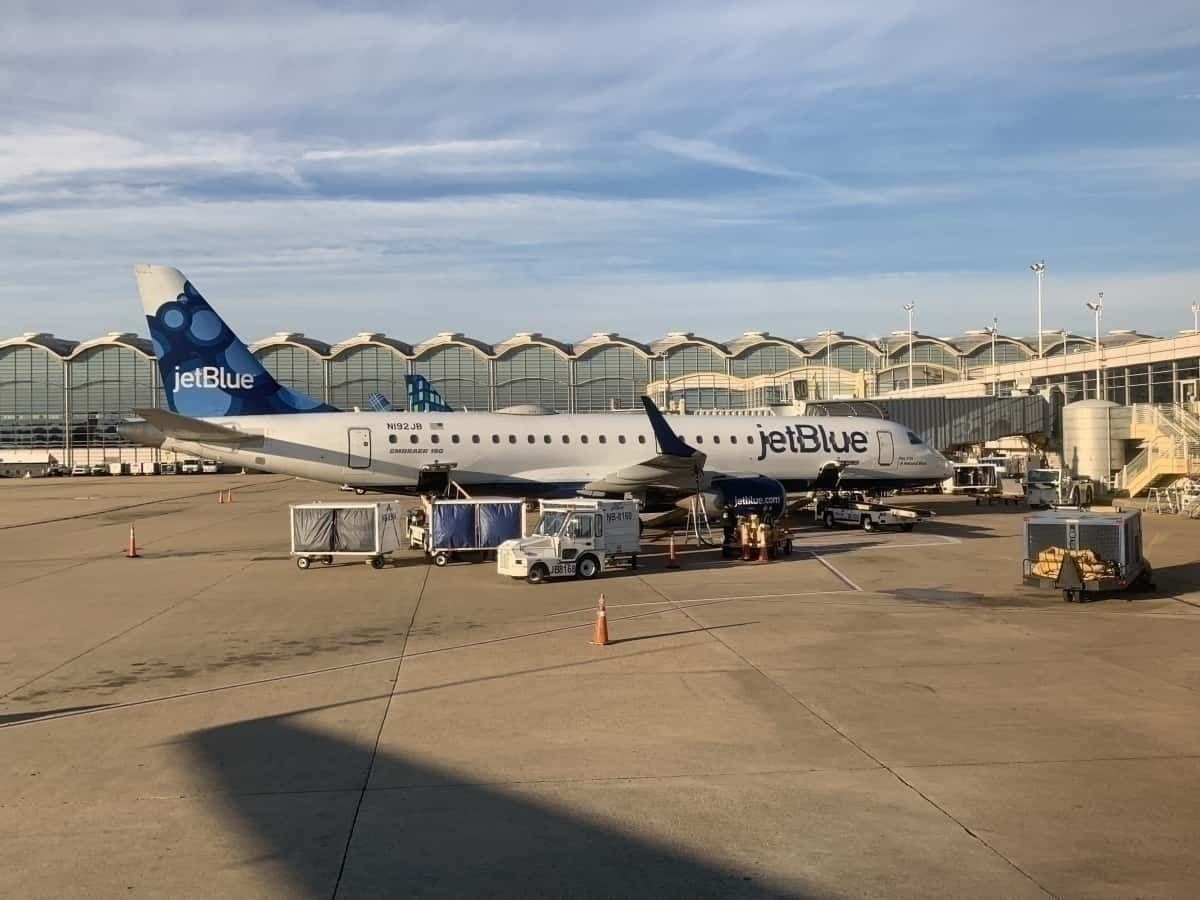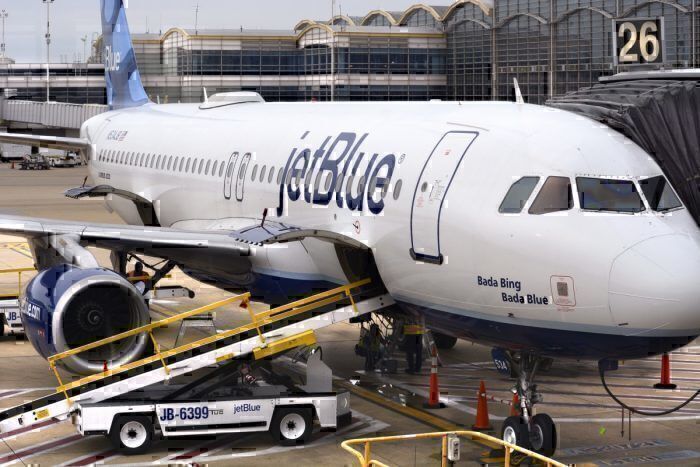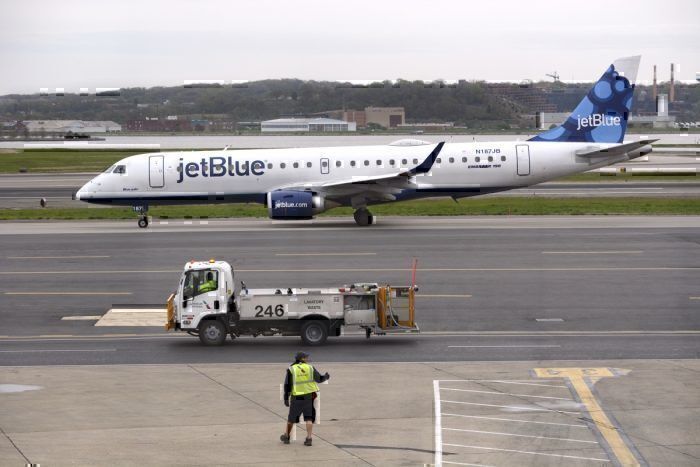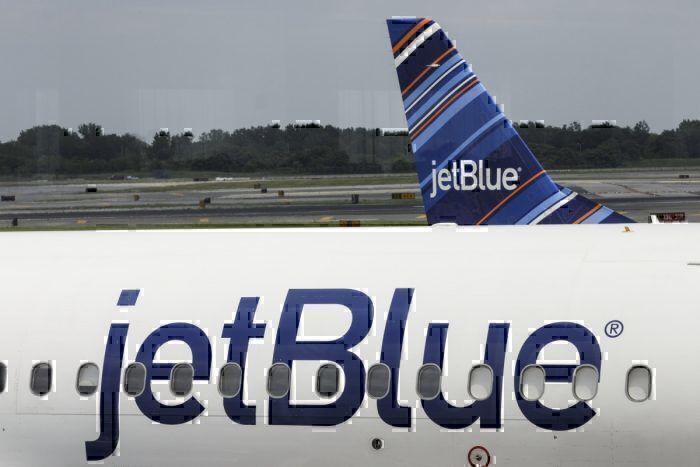The United States Department of Transportation (DOT) has granted JetBlue's request to suspend service to 16 major airports from now until September 30th. Of these, JetBlue will discontinue service from May 11th to six cities. This comes as the DOT has granted other, smaller US airlines waivers at major airports.
JetBlue receives service exemptions for 16 major airports
On May 5th, the DOT allowed JetBlue to suspend services to 16 major cities through September 30th. Previously, JetBlue was required to operate to these cities per the DOT's requirements for receiving aid from the federal government. Most airlines have filed waivers to exempt them from serving certain airports. While other carriers have sought to end service to smaller airports, JetBlue received exemptions for 16 major airports:
- Atlanta (ATL)
- Charlotte (CLT)
- Chicago (ORD)
- Dallas/Ft. Worth (DFW)
- Denver (DEN)
- Detroit (DTW)
- Houston (IAH)
- Las Vegas (LAS)
- Minneapolis (MSP)
- Nashville (BNA)
- Philadelphia (PHL)
- Phoenix (PHX)
- Portland (PDX)
- San Diego (SAN)
- Seattle (SEA)
- Tampa (TPA)
Of these cities, JetBlue will suspend service to Chicago, Dallas, Houston, Minneapolis, Philadelphia, and Portland (Oregon) through June 30th, starting on May 11th. These waivers give JetBlue the option to be flexible. For now, the airline will maintain minimum service to the other ten cities. But, the carrier may cancel or amend services as travel demand evolves.
Low passenger numbers
In its filing for these exemptions, JetBlue highlighted the few passengers that were flying to these destinations mostly out of its hub in Boston:
- April 20th: ATL-BOS had eight passengers, BOS-ATL had four passengers
- April 23rd: BOS-CLT had six passengers, CLT-BOS had seven passengers
- April 22nd: BOS-ORD had five passengers, ORD-BOS had eight customers
- April 20th: DFW-BOS and BOS-DFW both had four customers onboard
- April 20th: BOS-DEN had 13 customers while DEN-BOS only flew with nine passengers
- April 20th: BOS-DTW flew with six customers, DTW-BOS had only two customers
- April 23rd: BOS-IAH had 10 passengers, IAH-BOS had 13 customers
- April 20th: LAS-BOS flew with eight passengers while the return segment flew with four passengers
- April 23rd: BOS-MSP and MSP-BOS flew with two passengers each
- April 23rd: BNA-BOS flew with five passengers, BOS-BNA flew with three
- April 23rd: BOS-PHL and PHL-BOS flew with four passengers each way
- April 21st: BOS-PHX had nine customers onboard while the return had April 7th 20th and 21st: LGB-PDX saw four customers, PDX-LGB flew with April 11th 20th: BOS-SAN flew with 12 customers, SAN-BOS flew with April 10th 20th: JFK-SEA had eight passengers onboard, the return segment had seven
- April 24th: BDL-TPA flew with 15 customers, TPA-BDL flew with 14
These numbers are abysmal, and JetBlue is losing a significant amount of money per flight. As a result, it sought to end service to these major cities. The DOT then granted it due to the carrier's size.
Exemptions for large hubs
The DOT has been stringent when it comes to granting minimum service waivers. However, one spot where airlines have been successful is service to large hubs. This applies particularly to smaller carriers like JetBlue that have a market share of under 10%.
The DOT wants to ensure that airports are not left unserved. However, these 16 airports see an abundance of service:
- Delta hubs: Atlanta, Detroit, Minneapolis, Seattle
- American hubs: Charlotte, Chicago, Dallas, Philadelphia, Phoenix
- United hubs: Denver, Houston
- Southwest hubs: Las Vegas, Nashville, San Diego, Tampa
- Alaska hubs: Portland, Seattle
As a result, these cities do continue to see service from major airlines. And, with JetBlue adding a more substantial burden due to its small market share, it makes sense for the DOT to grant this exemption.
For now, the airline is suspending services to the cities where it had the fewest passengers. Further cancellations may likely occur if the airline continues to record low passenger numbers. This would be especially true to cities like Detroit, Charlotte, Philadelphia, Phoenix, and Nashville.
What do you make of JetBlue's exemptions? Do you think the airline will further reduce service to the other ten cities? Let us know in the comments!




